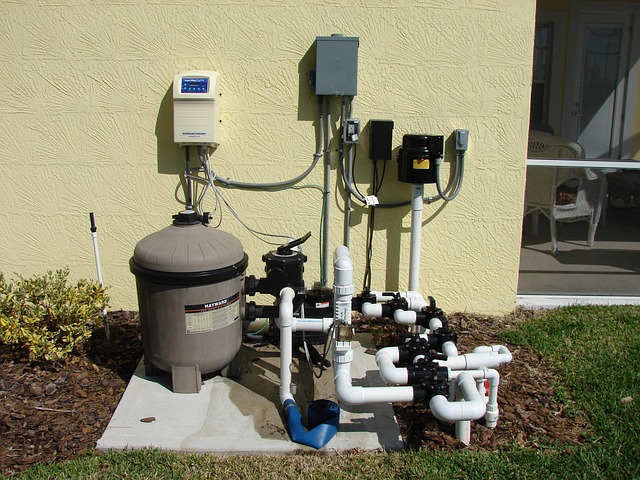Whole House Generators: Costs, Options, and Essential Guide for Homeowners
As energy reliability becomes increasingly important, homeowners are considering whole house generators to ensure uninterrupted power. Whether due to frequent power outages from severe weather or a necessity for powering vital home systems, these devices offer a practical solution. This guide will explore the cost, options, and important considerations for whole house generators.

What Are Home Backup Power Essentials?
Home backup power essentials encompass the critical components needed to maintain electricity during outages. A whole house generator serves as the cornerstone of these systems, automatically detecting power loss and switching to backup power within seconds. Essential components include the generator unit itself, an automatic transfer switch, proper fuel supply connections, and professional installation. The generator’s capacity must match your home’s electrical load requirements, typically ranging from 10kW for smaller homes to 25kW or more for larger properties with extensive electrical needs.
How Does Seamless Energy Security Work?
Seamless energy security relies on sophisticated monitoring and switching technology that operates without human intervention. When utility power fails, the automatic transfer switch immediately isolates your home from the grid and signals the generator to start. Modern systems complete this transition in 10-20 seconds, ensuring minimal disruption to connected devices and appliances. The generator runs on natural gas, propane, or diesel fuel, providing continuous power until utility service resumes. Once grid power returns and stabilizes, the system automatically transfers back to utility power and shuts down the generator.
Understanding Automatic Power Restoration Systems
Automatic power restoration systems eliminate the need for manual generator operation during outages. These systems continuously monitor incoming utility power for voltage fluctuations, frequency variations, and complete power loss. Advanced controllers can differentiate between momentary power blips and sustained outages, preventing unnecessary generator starts. The automatic transfer switch serves as the brain of the system, coordinating the seamless transition between utility and generator power while protecting both your home’s electrical system and the generator from potential damage caused by improper connections or power surges.
Generator Cost Breakdown Analysis
Whole house generator costs vary significantly based on size, fuel type, installation complexity, and local labor rates. Generator units typically range from $3,000 to $6,000 for residential models, while installation costs add another $3,000 to $8,000 depending on electrical work requirements, fuel line installation, and permit fees. Natural gas generators generally cost more upfront but offer lower operating costs, while propane units may require additional tank installation expenses. Maintenance contracts typically cost $200 to $400 annually and help ensure reliable operation when power is needed most.
Exploring Gas-Powered Backup Solutions
Gas-powered backup solutions offer distinct advantages in terms of fuel availability and operating costs. Natural gas generators connect directly to existing utility gas lines, providing virtually unlimited fuel supply during extended outages. These systems require minimal maintenance and produce cleaner emissions compared to diesel alternatives. Propane generators offer greater fuel storage control and work well in areas without natural gas service, though they require periodic tank refilling. Both options provide reliable starting in cold weather and quieter operation compared to portable generators, making them ideal for residential neighborhoods.
| Generator Model | Provider | Power Output | Estimated Cost |
|---|---|---|---|
| Guardian 11kW | Generac | 11,000 watts | $4,200 - $5,800 |
| PowerPact 7.5kW | Kohler | 7,500 watts | $3,500 - $4,900 |
| QuietSource 20kW | Briggs & Stratton | 20,000 watts | $5,800 - $7,200 |
| SyncroForce 18kW | Cummins | 18,000 watts | $6,200 - $8,500 |
Prices, rates, or cost estimates mentioned in this article are based on the latest available information but may change over time. Independent research is advised before making financial decisions.
Whole house generators represent a significant investment in home security and comfort, providing peace of mind during power outages while protecting valuable electronics and maintaining essential services. The automatic operation, fuel efficiency, and seamless integration with existing electrical systems make these units increasingly popular among homeowners in areas prone to severe weather or unreliable utility service. Proper sizing, professional installation, and regular maintenance ensure optimal performance and longevity, while various fuel options allow customization based on local availability and personal preferences. Consulting with qualified local services helps determine the most appropriate generator solution for specific home requirements and budget considerations.




